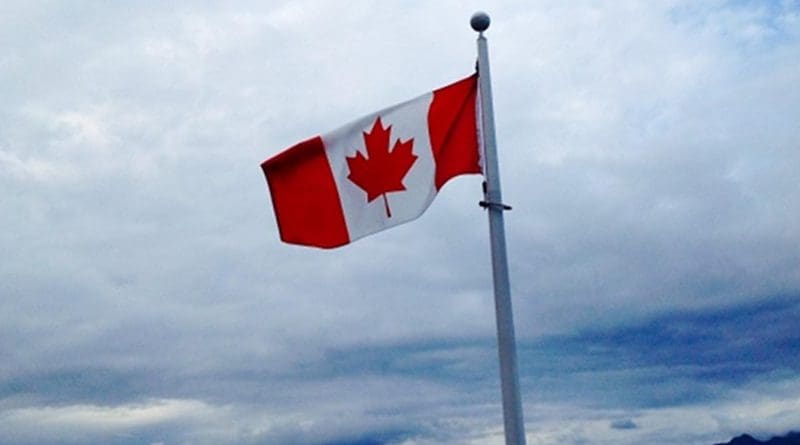Canada’s Department Of National Defence Says It Wants To Hear From Canadians – OpEd
By Tim Dunne
Last year’s Canadian federal budget announced a defence policy review to update former Defence Minister Harjit Sajjan’s defence policy, Strong, Secure, Engaged (SSE). Minister Sajjan has moved on and left his policy statement in the hands of this successor, Anita Anand.
The defence department’s website for this review noted that the geopolitical landscape since the launch of Canada’s defence policy has changed with emerging and existing threats “intensified and accelerated over the last few years at an unprecedented rate.”
The Defence Department says it wants feedback from Canadians on the following objectives and questions:
- Supporting our people
- Building organizational capacity
- Maintaining and adapting the essential capabilities of the CAF
- Upgrading Continental & Arctic defences
- Capabilities needed for modern conflict
But some skepticism is warranted. Various departmental agencies have demonstrated that they prefer to shape the input they are about to receive or take years to implement unwelcome changes.
Bill C-25 (1998) responded to the unacceptable conduct of some Canadian soldiers during the deployment to Somalia in 1993. It ultimately became a Canadian military scandal when two Canadian soldiers tortured Shidane Arone, a Somali teenager. He tragically died as a result of his injuries. This resulted in significant changes to the National Defence Act, about which the Defence Department would conduct a formal review every five years.
The First Independent Review, chaired by Rt. Hon. Antonio Lamer, was submitted on time on 3 September 2003. The second, chaired by the Hon. Patrick LeSage was submitted in December 2011, three years late.
When I inquired about the appointment of the chair of the Third Independent Review in 2016, I was told that because the defence department was unable to appoint a chair and a committee within the mandated five-year period, the legislation was amended to extend the interval between the independent reviews to seven years. The Third Independent Review, chaired by the Hon. Morris Fish, submitted its report in June 2021, ten years following the second.
The Allies launched the Dieppe raid in August 1942 against German forces in France, then North Africa in November of the same year to defeat the Africa Korps; Italy in September 1943; and France (D-Day) in June 1944. Germany surrendered in May 1945, and Japan in September 1945.
Canada began fighting in late 1942. By the autumn of 1945 we and our allies defeated the Axis powers in three years, but the current Defence Department is unable to assemble and employ a small committee in five years.
It is past time for someone to kick butt.
Tim Dunne retired from the Canadian Armed Forces in 2009 after 37 years as a military public affairs officer. He was appointed the Military Affairs Advisor for the province of Nova Scotia in 2009 and adjunct professor for communication studies at Mount Saint Vincent University in Halifax, Nova Scotia in 2012. He is the military affairs columnist for the Halifax Chronicle Herald.


“Canada began fighting in late 1942.”
Really?
Hong Kong, December 1941. Almost three hundred killed and hundreds more wounded and captured. The Winnipeg Grenadiers and the Royal Rifles of Canada paid a big price and it was long before “late 1942.”